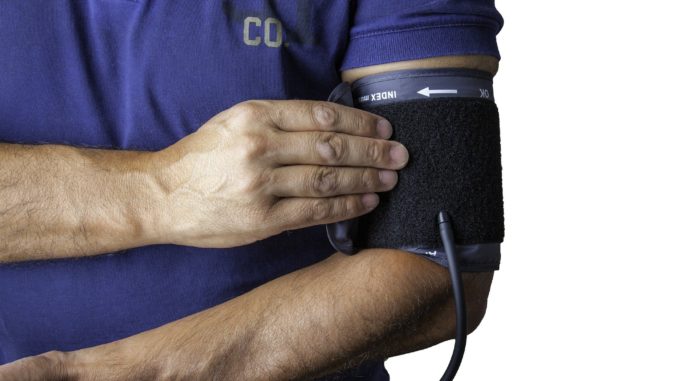
The Royal College of General Practitioners (RCGP) responds to the General Medical Council’s new report, entitled Caring for Doctors, Caring for Patients
This is an edited version of an article first published by the RCGP.
Responding to the GMC’s independent Caring for Doctors, Caring for Patients report, RCGP Chair Professor Helen Stokes-Lampard said:
“If our doctors are healthy, our patients are much more likely to receive the best possible care, and it is really encouraging to see a report that so explicitly makes the link between the wellbeing of doctors and patient care.
“We are also pleased to see a strong focus on GPs and primary care – the GMC has obviously gone to a lot of effort to ensure that the recommendations apply to GPs, as well as to doctors working in hospital trusts, and we are grateful for this.
“Unlike hospital doctors who often work in large teams, GPs are more likely to work autonomously in our one-to one consultations with our patients in our surgeries. This is one of the strengths of being a GP, but working in isolation brings its own challenges and it is good to see this acknowledged – along with the specific recommendations for improving team work and peer support, informed by current evidence on GP wellbeing.
“We are delighted that the success of the College’s own First5 programme has been recognised and that some of the profession want to see it adapted, adopted and extended to include all GPs.
“The majority of NHS patient care is delivered in general practice – over 300 million consultations a year and rising – and GPs are working harder than ever to do the best we possibly can for our patients.
“But investment in our family doctor service – both funding and staff – has not kept pace with patient demand and complexity. We now have a severe shortage of GPs and many colleagues are exhausted and burning out as they constantly try to go the extra mile for their patients, without appropriate support.
“Today’s GMC report strengthens our case for urgent action to tackle unsustainable GP workloads and the pressures associated with trying to care for patients with complex needs within a traditional 10-minute appointment that is no longer fit-for purpose.
“It also highlights that our health service could take better care of those working in it. GPs dedicate their lives to caring for others, but we also need to feel valued, respected, and cared for too.”
Don’t forget to follow us on Twitter, or connect with us on LinkedIn!

Be the first to comment